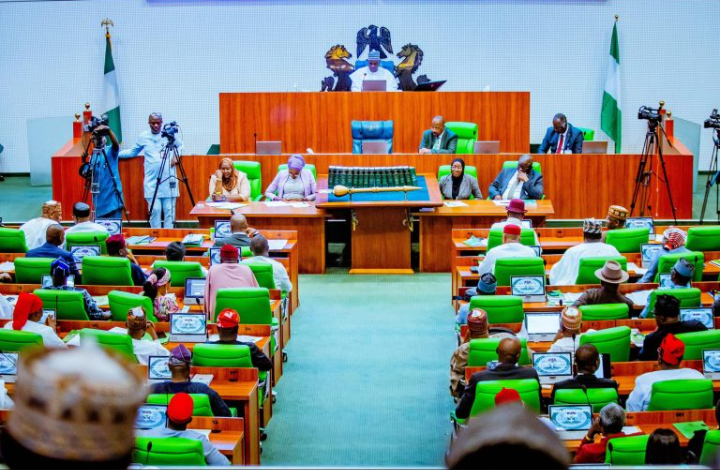
The House of Representatives is deliberating a constitutional amendment that seeks to ensure all appeals from election petition tribunals are resolved before the swearing-in of elected officials, including the President, Vice President, governors, and lawmakers.
The proposed bill, sponsored by Mansur Soro, who represents the Darazo/Ganjuwa Federal Constituency in Bauchi State, aims to amend Section 285 of the 1999 Constitution.
If passed, the bill would require all appellate courts to finalize electoral disputes before the official handover of power.
Specifically, the bill seeks to insert a new subsection 285(i), stating: “All appeals arising from the presidential, governorship, national and state Assemblies election petition tribunals shall be determined by the appellate courts prior to the swearing-in of candidates returned as winners by the Independent National Electoral commission .”
It also proposes subsection 285(ii), mandating the Independent National Electoral Commission (INEC) to adjust its guidelines and election timelines to accommodate the conclusion of electoral litigation before swearing-in ceremonies.
Reducing Distraction To Governance
Speaking to Punch, Soro emphasized the need to minimize the distractions caused by unresolved electoral cases, which often impact governance.
He explained, “Once you allow swearing-in to take place before litigations are concluded, distraction will affect governance and the public treasury. Just imagine the tens of billions of naira governors spend on sorting their cases at appeal and apex courts. This should not be allowed to continue because this money comes from the public treasury.”
The PDP lawmaker stressed that finalizing electoral disputes before May 29, the traditional handover date, would foster stability and ensure a smooth transition of power.
The bill also places the responsibility on INEC to modify its timelines to accommodate litigation periods.
“INEC will be able to organize its guidelines and election timelines to accommodate the litigation period when this bill becomes law,” Soro stated.
Additionally, he noted that courts, being creatures of the law, would be mandated to expedite election-related cases in line with the proposed amendments.
“The courts are the creation of the law. If the law provides that they should conclude election cases within a specified period of time, they have to abide by it,” he added.
The proposed legislation also highlights the financial implications of protracted legal battles for governance. Soro underscored the importance of safeguarding public funds, emphasizing that billions of naira spent on litigation could be better utilized for public development.
The bill, introduced in October 2024, is expected to be listed for debate in the first quarter of 2025. Lawmakers will assess its provisions and potential impact on Nigeria’s electoral and governance processes.





